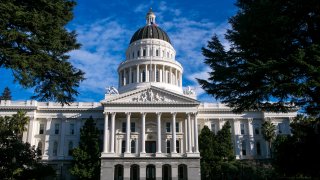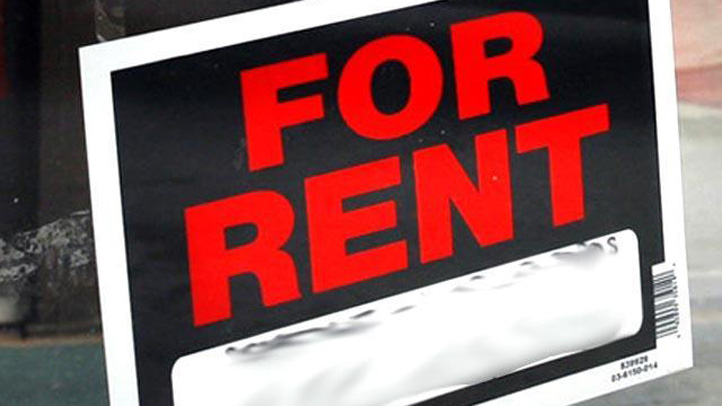
When California shut down most of its economy in the spring because of the coronavirus, the state Legislature passed a spending plan that assumed the worst: An unemployment rate at 25%, record high enrollment in social safety net programs and a 15% drop in tax collections.
Lawmakers raised taxes, cut spending and — for the first time — pulled money from the state's post recession-created savings account to fill what they expected would be a $54.3 billion hole in the budget. But a report Wednesday from the state's nonpartisan Legislative Analyst's Office concluded lawmakers did too much. The economic consequences for the state, they said, have not been as severe as the experts feared.
The result: A staggering $26 billion one-time windfall for the state Legislature to spend in the next fiscal year that begins in July.
It was jarring news in the middle of a pandemic that has seen the state process more than 16.1 million claims for unemployment benefits since March. But most of the people who lost their jobs work for restaurants and theme parks and other industries hardest hit by the pandemic's prohibition of public gatherings. Those people, on average, make less than $20 an hour and don't pay that much in state taxes.
Meanwhile, wealthy people who make $60 an hour or more have been working from home, are still getting paid and are still paying taxes. Instead of tax collections dropping 15%, they are up 9% compared to last year, meaning the state has collected $11 billion more in taxes than it had anticipated so far this year.
“The progressive nature of the personal income tax structure has actually worked to the state's benefit,” said Gabriel Petek, who heads the Legislative Analyst's Office.
The news underscores the difficulty in predicting state tax collections during a pandemic that has redefined what's normal. A surge of cases in California has prompted Gov. Gavin Newsom to impose tighter restrictions on businesses in most of the state. He’s even contemplating a statewide curfew. All of that could lead to more job losses.
California
Petek noted that the $26 billion figure is just an estimate. It could end up being as high as $40 billion or as low as $10 billion depending on what happens over the next few months.
But he warned this money can only be spent once. Going forward, California's recurring spending commitments are still more than the state is projected to get in taxes. This creates an operating deficit. The deficit will be small in the upcoming budget year, about $2.6 billion out of a potential $165 billion in general fund revenue.
But that deficit is projected to grow to $17 billion by 2025.
Petek recommended Newsom and the Legislature put half the expected $26 billion windfall into the state's savings account and use the rest to address fallout from the pandemic.
Newsom will release his spending plan in January. Monday, he said his top priority will be to support small businesses. H.D. Palmer, a spokesman for Newsom's Department of Finance, said while the budget looks better than officials had feared a few months ago, he warned that “deficits are still on the horizon.”
“Better-than expected revenues haven't translated into an economy that's fully rebounding,” he said.
State lawmakers from both parties welcomed the news of the windfall but said they would be cautious. Senate President Pro Tempore Toni Atkins, a Democrat, said “challenging times are not behind us. She said her priorities include restoring spending reductions, including cuts to state worker salaries.
Assembly Speaker Anthony Rendon said his priority would be to “restore funds to critical programs that were cut" and to “improve the function of the Employment Development Department,” which administers unemployment benefits.
Phil Ting, the Democratic chairman of the Assembly Budget Committee, said California still needs help from the federal government to hasten its economic recovery.
“While the wealthiest individuals and corporations have gotten richer during the pandemic, there are millions more struggling Californians and businesses that need support to weather ongoing economic uncertainty," he said.
Republican Sen. Jim Nielsen, the vice-chairman of the Senate Budget and Fiscal Review Committee, called for fiscal prudence with a “laser focus on stimulating small employers.”
“Small businesses create jobs. They and their employees have been crippled during this pandemic,” he said.



